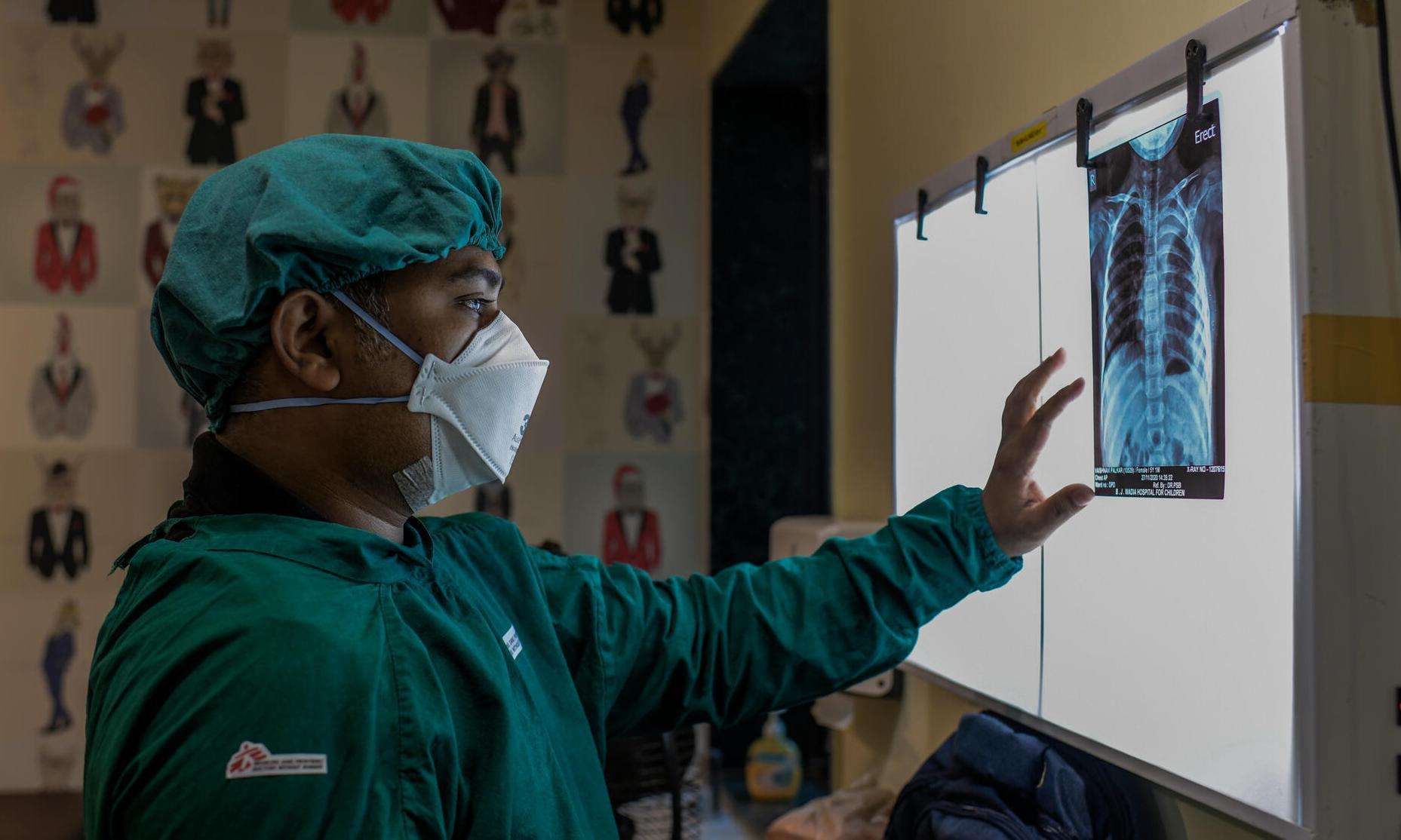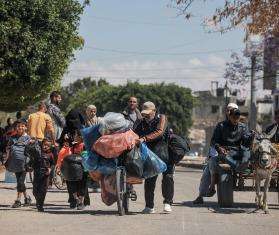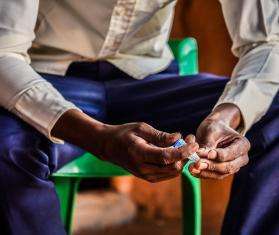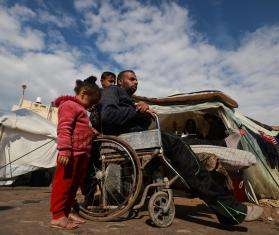NEW YORK/GENEVA, SEPTEMBER 3, 2021—The World Health Organization (WHO) recently released new guidance recommending that children of all ages with drug-resistant tuberculosis (DR-TB) have access to all-oral treatment using the drugs bedaquiline (produced by Johnson & Johnson) and/or delamanid (produced by Otsuka and its partner Viatris). All-oral regimens simplify DR-TB treatment for children and caregivers by eliminating the use of injectable drugs that can cause deafness and by making the treatment regimens shorter, less toxic, and more effective. However, these drugs remain out of reach for many children across the world who need them—including those in high TB burden countries—due to high prices, lack of generic alternatives, and the fact that these medicines are not yet registered in many of the most high burden countries.
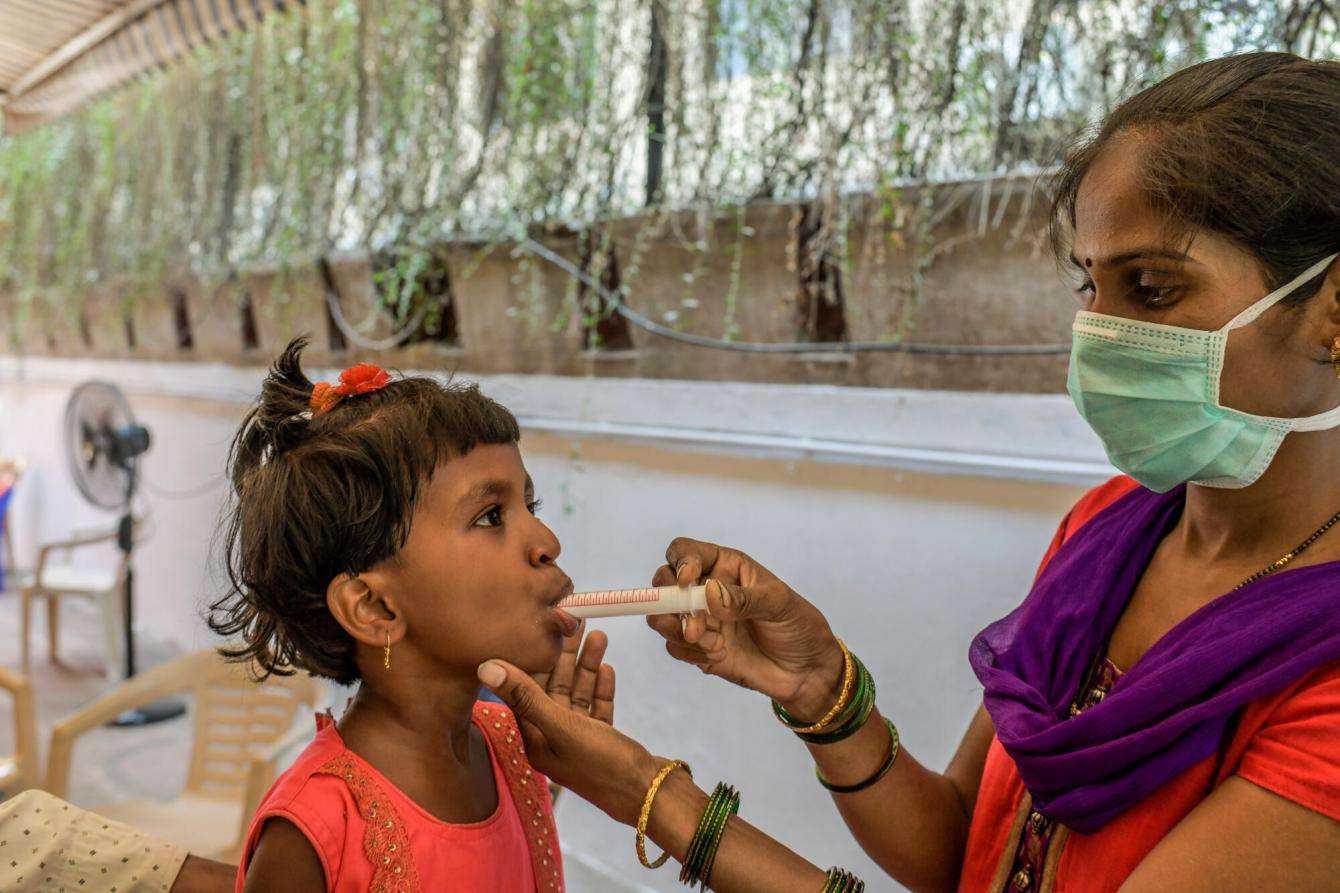
Dr. Mabel Morales, Médecins Sans Frontières/Doctors Without Borders’ (MSF) medical coordinator in India, said of the new guidance:
“The WHO’s updated guidance is an important step forward for younger children with drug-resistant TB to receive all-oral treatment without painful injectable drugs. However, this new guidance will remain a distant reality for children unless access barriers to pediatric formulations of bedaquiline and delamanid are overcome, allowing them to be rolled out by national TB programs in all high burden countries.
“The high price of delamanid of $1,700 per treatment course has significantly limited access in many countries. In India, negotiations with Otsuka and Viatris have been unsuccessful, with the manufacturers refusing to lower the price to the $942 currently being offered to South Africa by Viatris. The price of pediatric formulations of bedaquiline also remain too high.
“It’s time to smash the status quo; pharmaceutical corporations Johnson & Johnson and Otsuka must open up to generic supply and lower prices in order for TB programs to scale up all-oral treatment regimens. Governments of high burden countries must also take measures to overcome patent barriers and allow production of these lifesaving drugs with the help of generic manufacturers.
“As treatment providers, we see kids with drug-resistant TB on an almost daily basis in our independent clinic in Mumbai. We no longer want to see these children suffer the terrible side effects of the older and painful injectable drugs when safer and more effective oral medicines are available elsewhere.”
